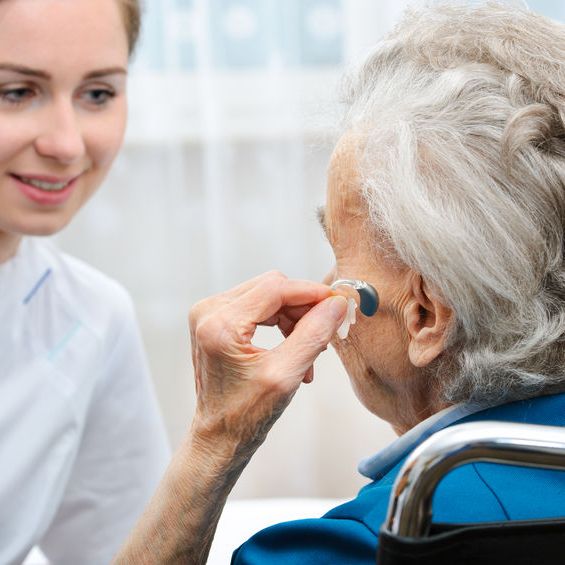Angry Much? Watch Your Tone
iSavta | 02.02.2021

Again, caregiving is not an easy job to do. Caregiving will test the deepest core of your soul and then you’ll realize that you are just a human being capable of a lot of things, good and bad.
You are human and it is normal to get angry most especially if your patient is being tested and there’s no way you are going to shut your mouth and walk away. You have to say something!
And you are allowed.
It’s okay to say what you need to say. In fact, it is encouraged. Communication is important in any job, particularly in Caregiving. Do not assume that all elderly are hearing-impaired or does not hear you all the time. In fact, some of them lose their other senses but developed a certain way to use the other senses effectively.
Watch the tone of your voice. It is not what you say but how you say it.
First of all, you don’t need to shout all the time. Sometimes, all you need is to calmly explain things. Calm and direct. But how can you make yourself calm if you are already bursting into anger?
If you’re emotionally in rage, walk away for a few minutes and assess the situation. Your anger is sometimes a result of frustration about something that you cannot control. Or worse, it is a result of something personal that has nothing to do with your patient.
If you speak slowly and calmly, your patient will be able to understand clearly what you are trying to say. When you are speaking, your patient can hear the indication of anger, sarcasm, affection, or compassion. Always use a positive tone and words every time you speak to your patient.

The tone of your voice always determines your current emotional state and most of the elderly are sponges, they absorb everything. It is more difficult for them to process it when they are confused, scared, and vulnerable. Your tone can convey negative energy that other sensitive people could hear without you letting them hear intentionally.
Always speak kindly. Your elderly patient doesn’t need a loud voice shouting all the time. Your patient just needs you to explain calmly and clearly.












